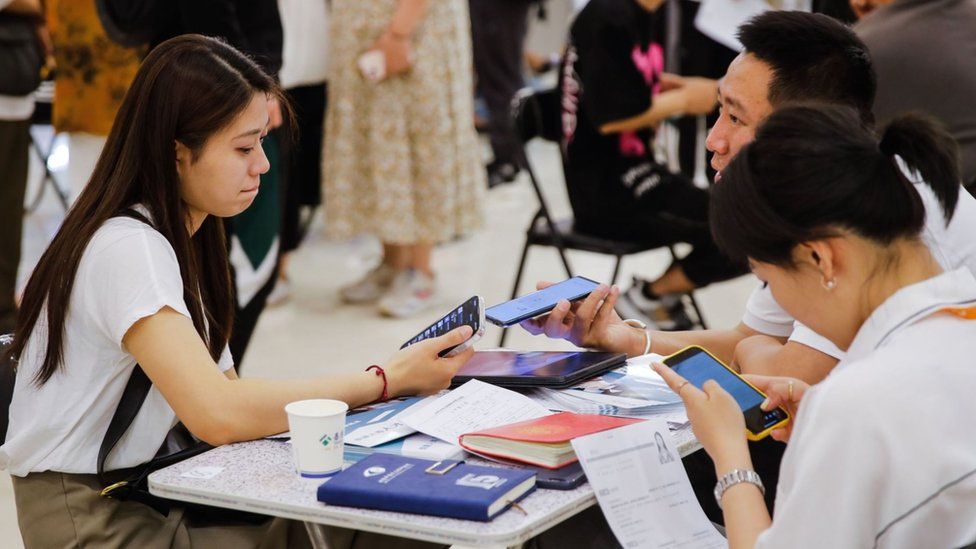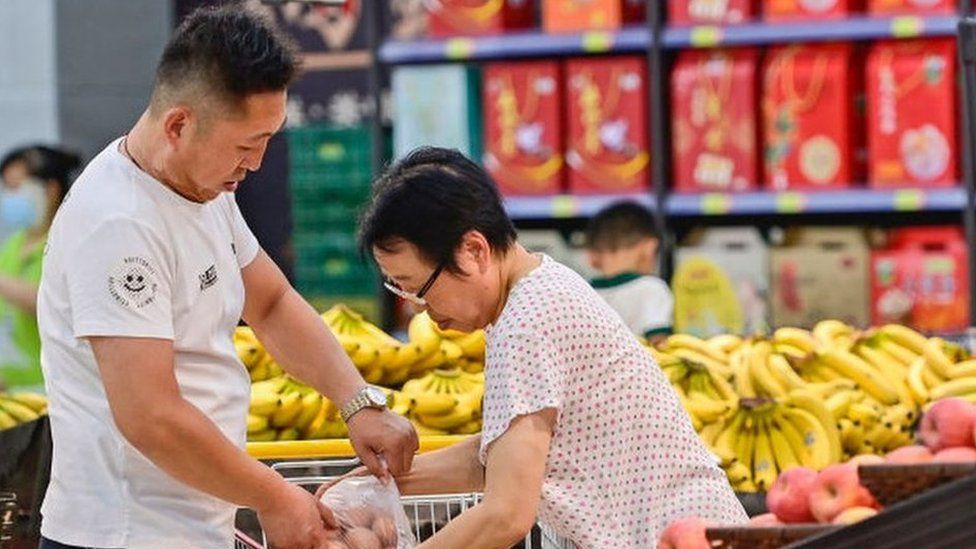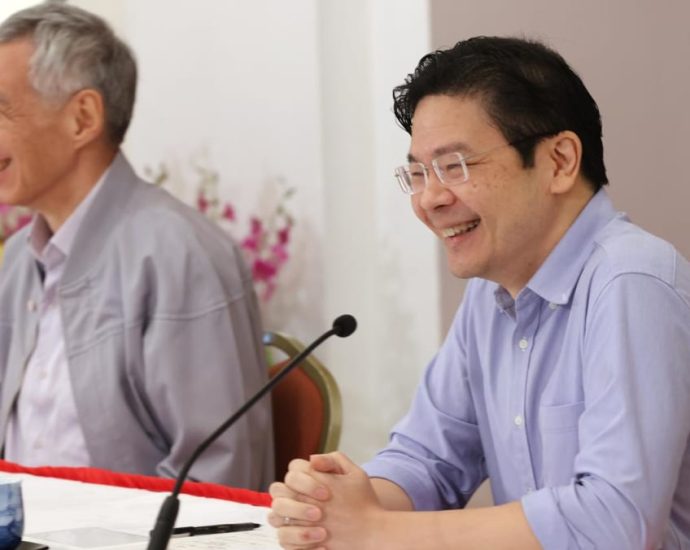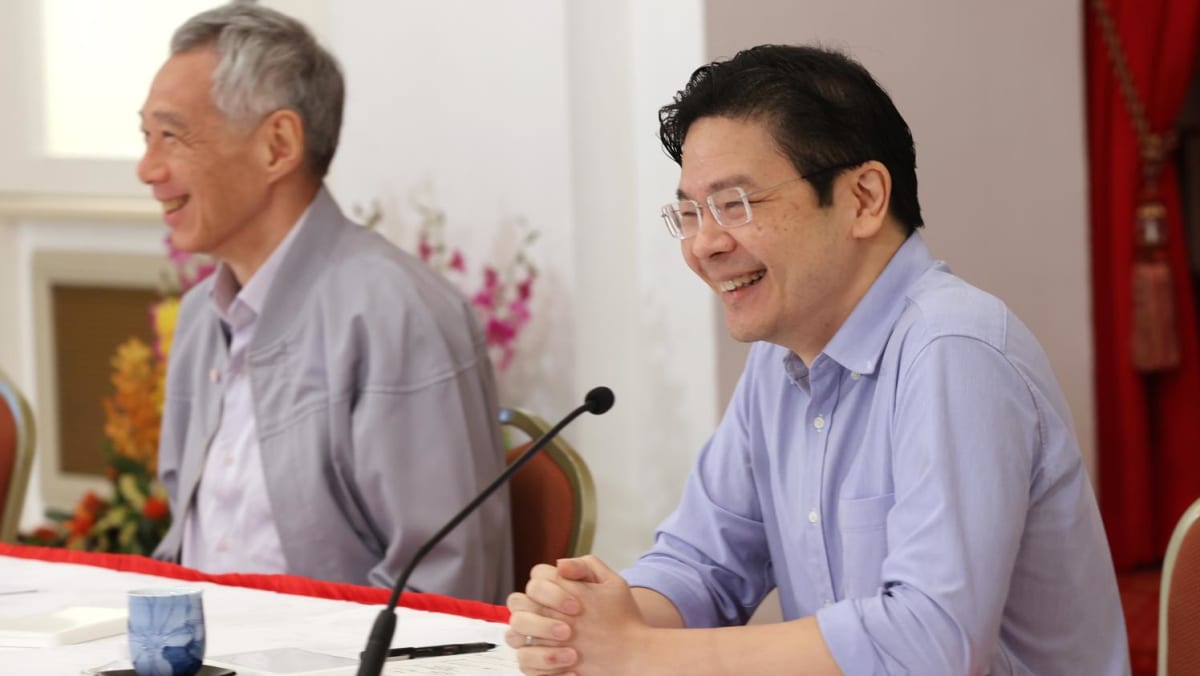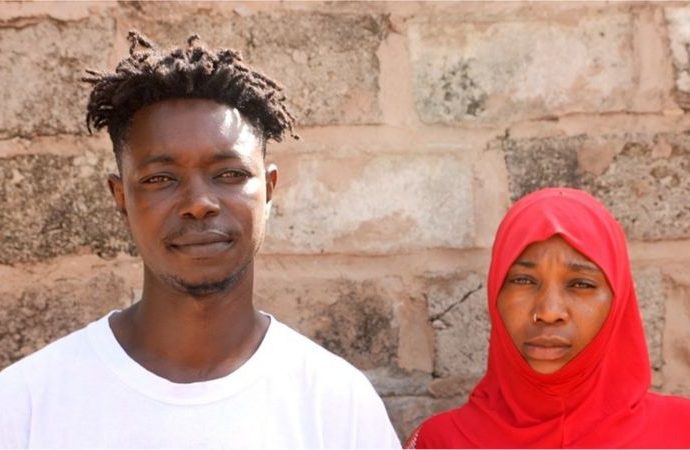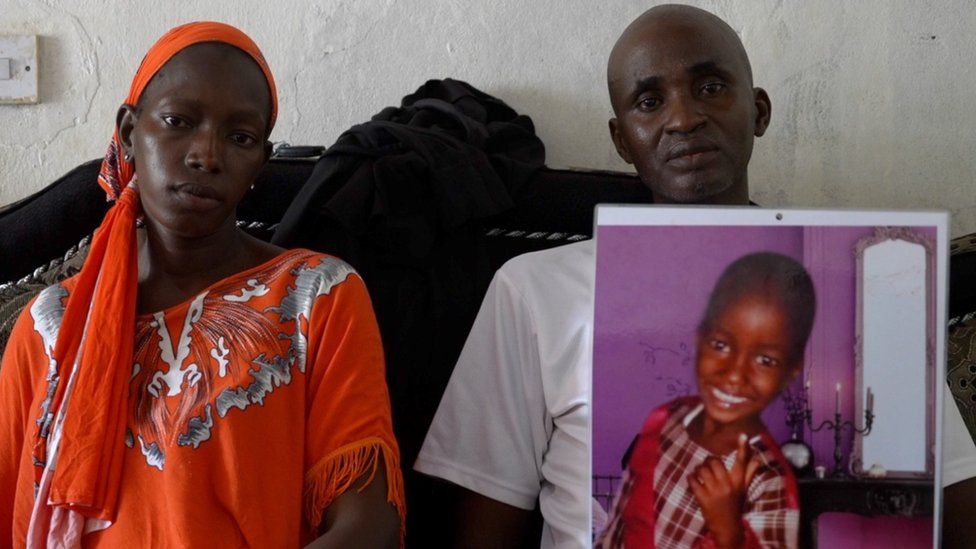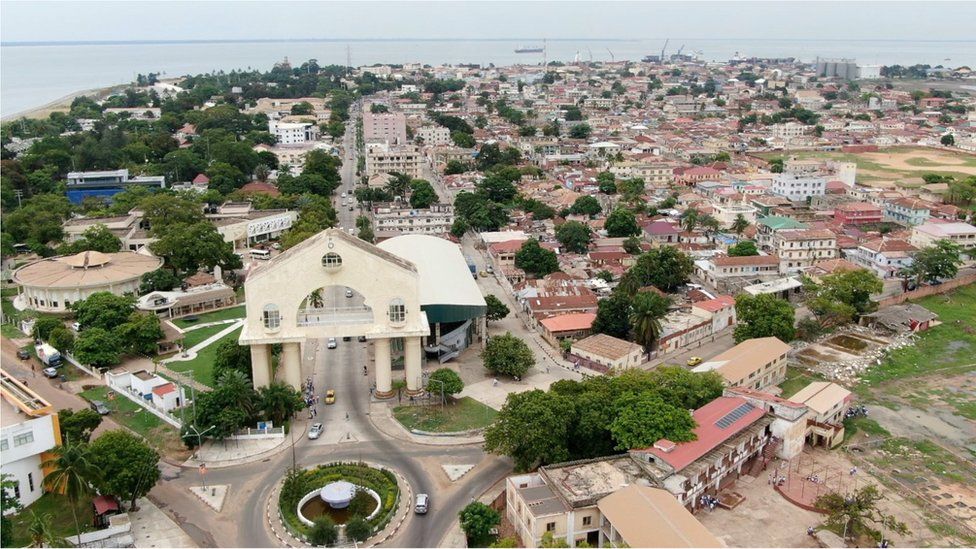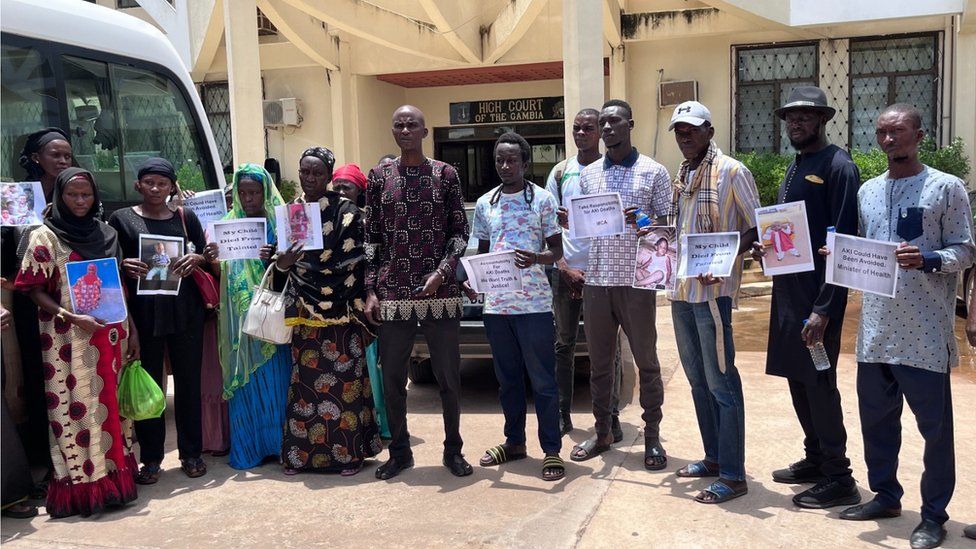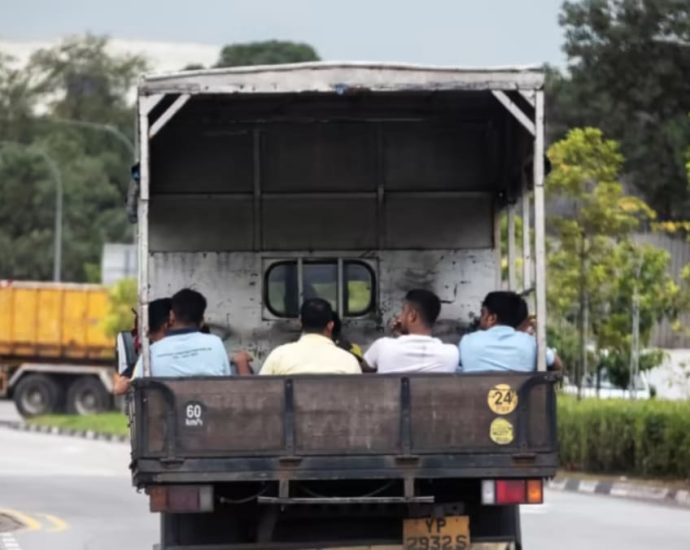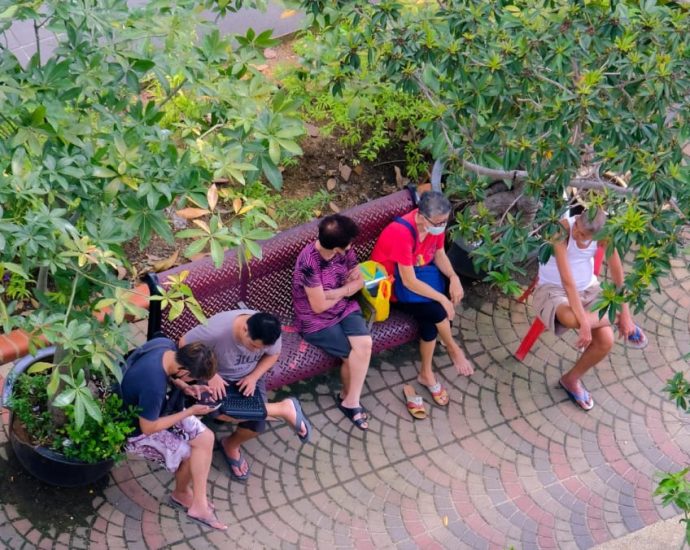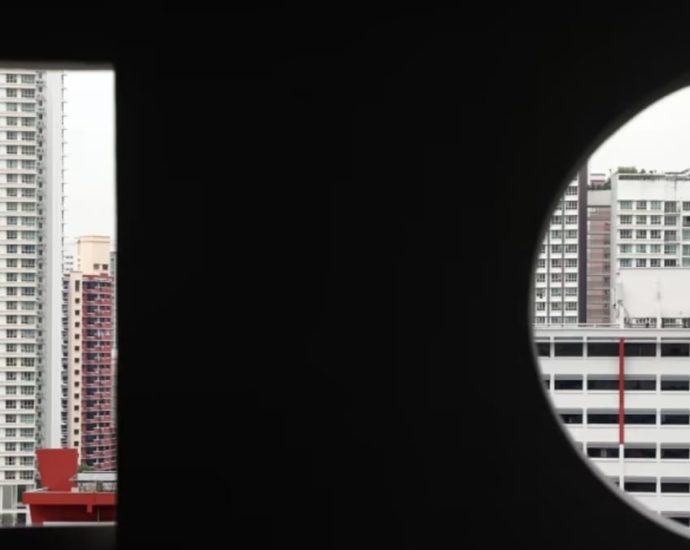China cuts key interest rate as recovery falters
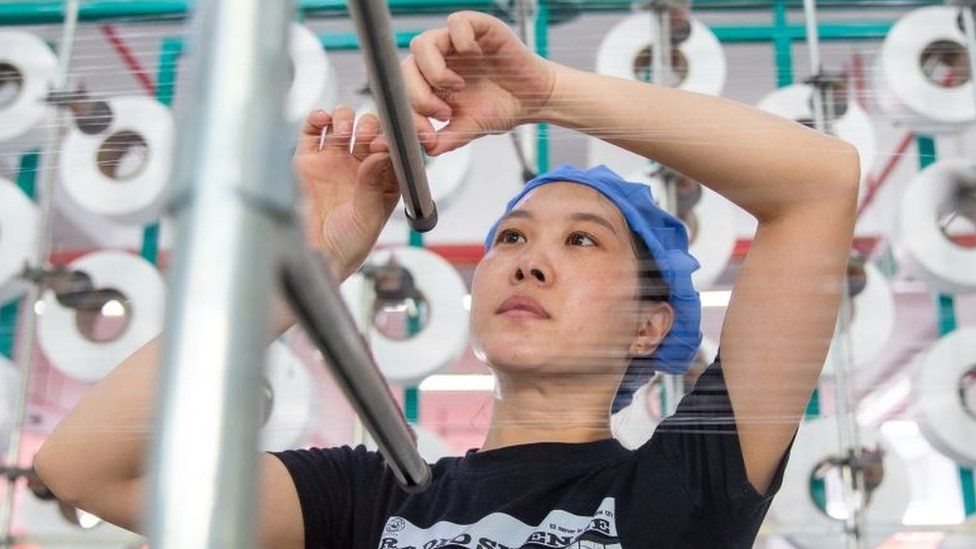 STR/AFP
STR/AFPChina’s central bank has cut its key interest rates for the second time in three months as the world’s second-largest economy struggles to recover from the impact of the pandemic.
The People’s Bank of China (PBOC) lowered its one-year loan prime rate to 3.45% from 3.55%.
The country’s post-Covid recovery has been hit by a property crisis, falling exports and weak consumer spending.
The cut comes as other major economies raised rates to tackle rising prices.
The PBOC last cut its one year rate – on which most of China’s household and business loans are based- in June.
Economists had also expected the bank to lower its five-year loan prime rate, which the country’s mortgages are pegged to. However, it was unchanged at 4.2%
In a surprise move last week, short and medium-term rates were also cut.
China’s economy has struggled to overcome several major issues in the wake of the pandemic, which saw much of the world shut down.
Last week, the serious problems in its property market were highlighted when crisis-hit real estate giant Evergrande filed for bankruptcy protection in the US.
The heavily-indebted company is still working on a multi-billion dollar deal with creditors.
Earlier this month, another of the country’s biggest property developers, Country Garden, warned that it could see a loss of up to $7.6bn (£6bn) for the first six months of the year.
The same week, official figures showed China had slipped into deflation for the first time in more than two years.
That was as the official consumer price index, a measure of inflation, fell by 0.3% last month from a year earlier.
Beijing has also stopped releasing youth unemployment figures, which were seen by some as a key indication of the country’s slowdown.
In June, China’s jobless rate for 16 to 24 year olds in urban areas hit a record high of more than 20%.



